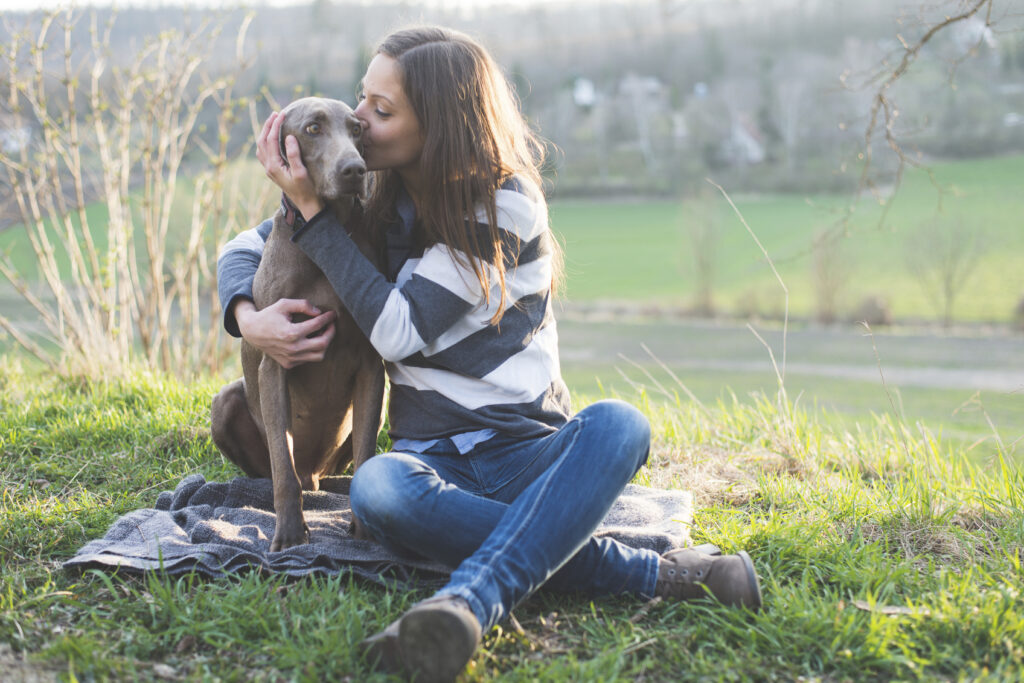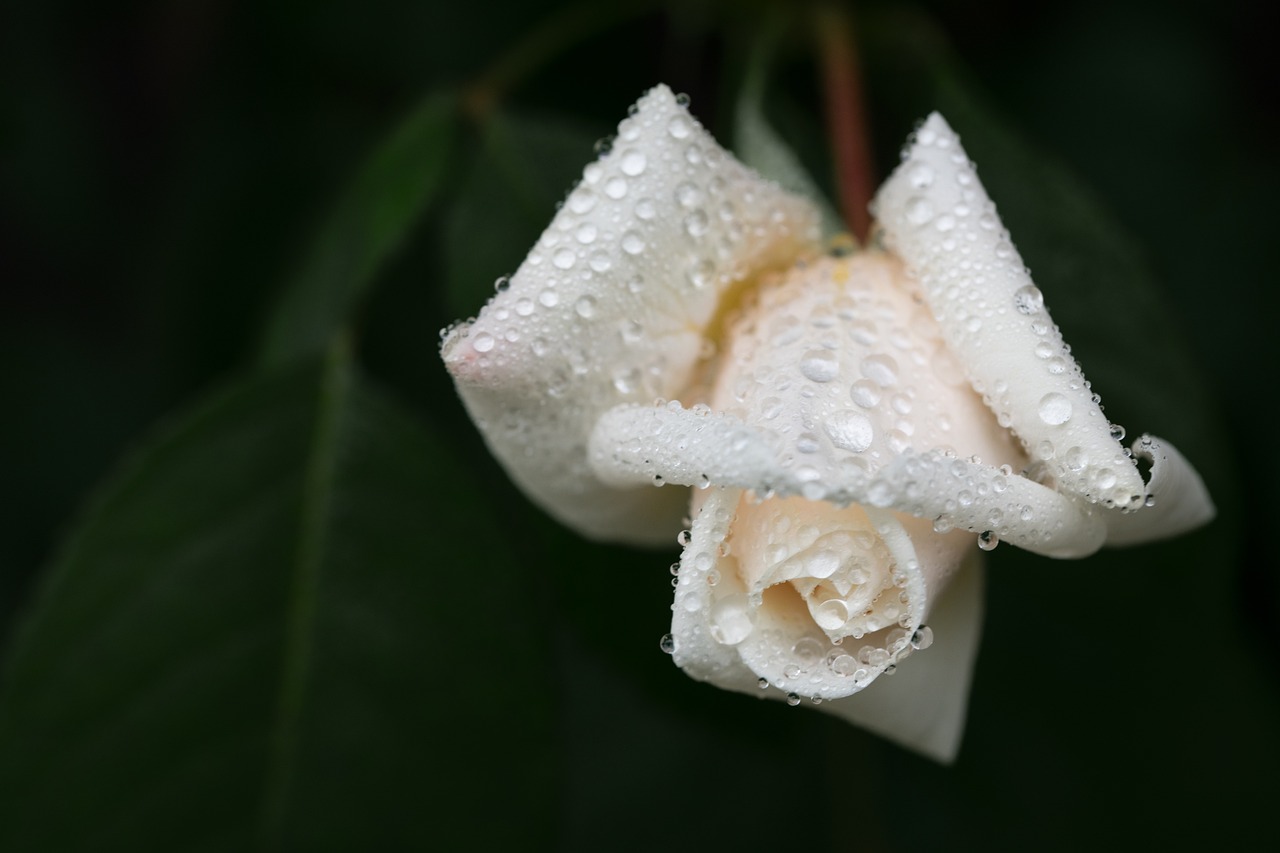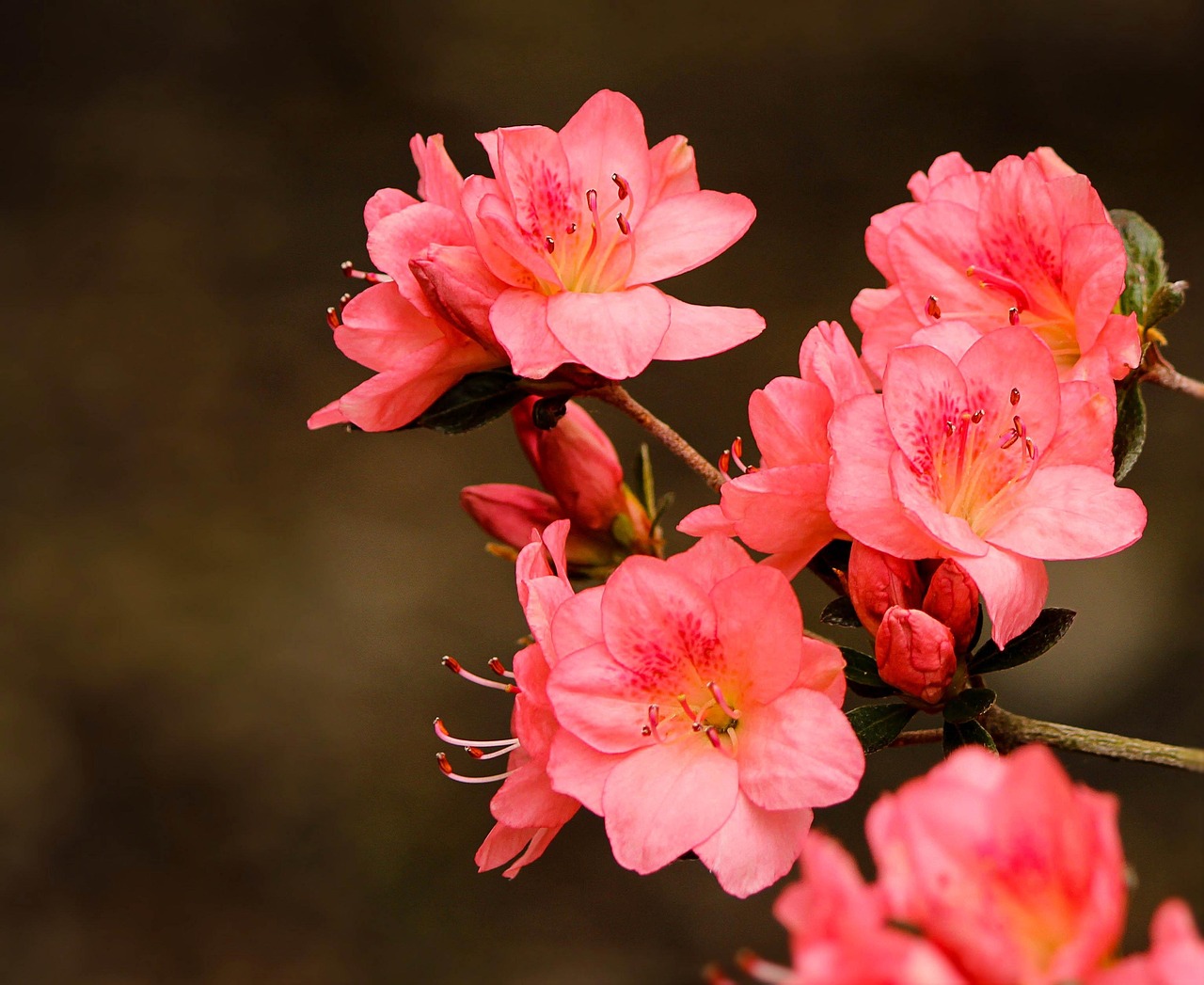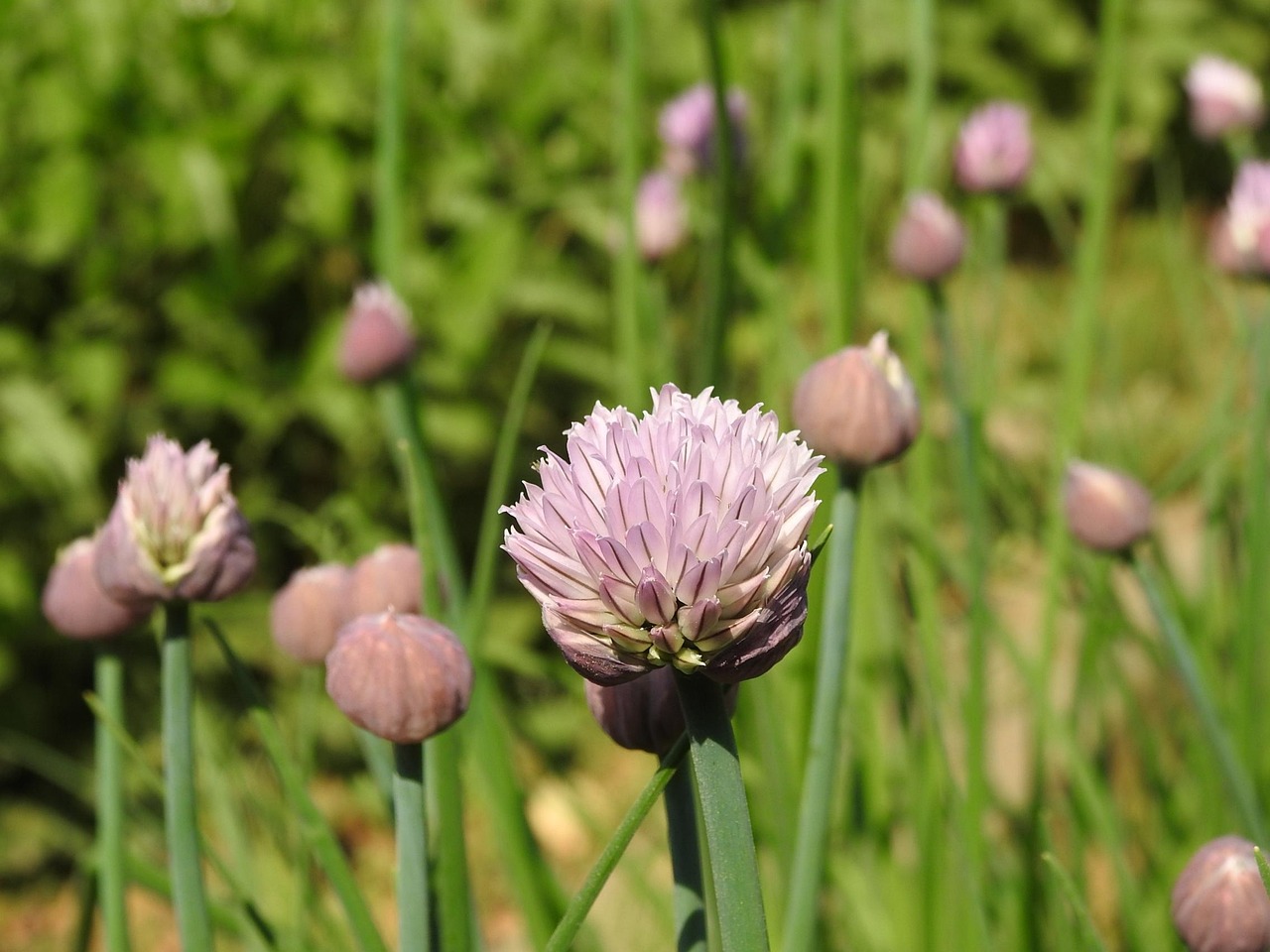Introduction – A Different Date
Most of the Jewish Blessings for the Animals I have read about occur either on the Shabbat of Parashat No’ach (September/October) or on the Seventh Day of Pesach (as a remembrance of the emancipation of both man and beast from Egypt). While the idea of Parashat No’ach seems great, it has two problems: (a) Transportation of critters on Shabbat and having them in the congregation (though this is sometimes alleviated by having the ritual on a Sunday of the week of Parashat No’ach) (b) Genesis chapter 9 presents the end result of the flood as a deeply-flawed relationship between man and beast characterized by fear. This as an overtone to a Blessing of the Animals has problems for me.
Instead, I would like to present a third option, which attempts to mirror the Christian blessing of the animals centered around the life of St. Francis of Assisi (1181-1226), patron saint of animals and founder of the Franciscan order of monks. Francis spoke to animals as ‘brother wolf’ and ‘sister bird’, saw all of creation as inherently good, and was exceptional in his emphasis on the obligation of all animal life toward praising the Creator. Important Catholic saints are assigned feast days, on which rituals are conducted in accordance with their ministry. Francis’ feast day (also his “yahrzeit”) is October 4, and around the world, people bring their animals to churches to be blessed by priests on this day.
Even though we Jews do not have patron saints, we do have a similar concept to a saint’s feast day in the hillula. A hillula, though it originally referred to a celebration such as a wedding feast, was later adapted to annual rejoicing on the anniversary of the death of an important Rabbi. Examples include the Hillula de-Rabbi Shimon Bar-Yochai on Lag Ba-Omer, in honor of the Tannaitic Rabbi who was supposed to have compiled the Zohar, and Maimuna, a post-Pesach celebration in Libya and Morocco of the life of Maimonides.
Another important rabbinic figure in recent memory is Rav Avraham Yitzchak Ha-Kohen Kook (1864-1935), the first Chief Rabbi of Eretz Yisrael. Rav Kook was a truly independent thinker, seeing in contemporary secular movements toward social justice and Zionism a spark of religious truth. He saw humanity as heading toward a universalistic faith. But for our purposes, Rav Kook is exceptional for his vision of humanity and animals heading toward a relationship of peace. Rav Kook envisioned the Messianic age as a time when all would be vegetarian, and no animal sacrifices would be offered. Especially in his book Chazon Ha’Tzimchonut V’HaShalom (The Vision of Vegetarianism and Peace), Kook emphasized how “the suffering of [all] creatures calls out for our compassion … this sensitivity signals a sense of comradeship, sharing another’s pain, and our having entered the borders of their inner world.” He also envisioned our being able to share Torah with animals in the world to come. In all, Rav Kook saw a vital symbiosis, both ecologically and theologically, between human and non-human animal.
Thus, a hillula for Rav Kook is a perfect opportunity to invest a celebratory event with appropriate meaning by linking it to a prominent figure in the field of Judaism and animals, as well as a way to share Rav Kook’s teachings about animals. The following is an example of such a ritual.
The 3rd of Elul: A Hillula for Rav Kook
Setting: A park or yard, toward dusk on the evening of Elul 3, Rav Kook’s Yahrzeit. A few tiki torches (with proper authorization) are set up to provide light. People have brought their pets with them; hopefully some children are present as well.
There is some food on picnic tables, maybe even some wine. Pet food should also be provided, as well as water.
Song – Hillula (by Sheva)
The shamans in a choir
Are aboarding the chariot
The same wish is in the heart of everyone
For a life of love to come in forgiveness
Beneath the skies
At eye level
We shall drink for life
From the spring of love for love is water
The night tonight is Hi’lu’la
The prayer is rising and rising
Beloved divine feminine presence
Officiant/Rabbi: We gather tonight to rejoice in the life of Rav Kook and his vision of a peacable kingdom for humans and animals. Rav Kook taught traditional and liberal Jews alike that we humans need to see our common origin with our animal brothers and sisters as essential to both of our survival. The bond between human and animal is not a mere coincidence, but a deep connection that stretches back to creation and forward to a time when we may find our relationship free of predation and domination. We will hear some of Rav Kook’s inspiring words and then go on to actualize his vision through the blessing of our animal companions.
Reader: We do not know how to measure the invigoration and spiritual well-being that animals incapable of speech confer upon us, simply by virtue of the fact that we coexist.
The vital symbiosis of members of the same nation already has been revealed to us, and those who possess a clearer vision glimpse that of all humanity, as well. However, the spiritual symbiosis of all living beings still remains hidden. As of yet, no researcher dares voice his conviction regarding this perception.
Nevertheless, these far-out propositions arrive before the precise sciences almost as dreams to augur their revelation. Already we can be elevated to that lofty height at which humankind becomes one with the totality of life, even with vegetation and inanimate existence. (Rav Kook, Orot HaKodesh, p. 363)
Reader: At that time [i.e. the Messianic Age] human beings will recognize their companions in creation: all the animals. They will understand how it is fitting from the standpoint of the purest ethical standard not to resort to moral concessions, to compromise the divine attribute of justice with that of mercy [by permitting mankind’s exploitation of animals] – for they will no longer need extenuating concessions, as in those matters of which the Talmud states: “The Torah speaks only of the evil inclination” (TB Kiddushin 21b). Rather they will walk the path of absolute good. As the prophet declares: “I will make a covenant for them with the animals of the field, the birds of the air, and the creeping things of the ground; I also will banish the bow and sword, and war from the land” (Hosea 2:20). (Rav Kook, Chazon Ha’Tzimchonut V’HaShalom)
Reader: Commenting on the Talmudic decree that a person should not eat before his/her animal, Rav Kook stated:
Aside from enjoining us to recognize our obligation of active concern for the welfare of all creatures, according to the lofty station of this holy directive, it is required as an act of justice, since by means of the animal, man brings forth bread from the earth, and “abundant produce from the power of the ox” (Prov. 14:4). Given this, the one that does the work [the animal] deserves priority in benefiting from her labors. Additionally, in order to show that humans must not exploit animals, this precept not only expresses compassion, but also reflects the justice of showing gratitude; for if not for the animal, man would not gain the necessities of life. Therefore, because one is compelled to feed his animal before eating, his consciousness is raised to know that concern for animals is not only an expression of piety and altruism, but of integrity and justice. (Rav Kook, Ein Ayah, vol. II, Berachot, chap. 6, par. 26, p. 180)
Reader: At that time human beings will recognize their companions in creation: all the animals. They will understand how it is fitting from the standpoint of the purest ethical standard not to resort to moral concessions, to compromise the divine attribute of justice with that of mercy [by permitting mankind’s exploitation of animals]; for they will no longer need extenuating concessions, as in those matters of which the Talmud states: “The Torah speaks only of the evil inclination” (TB Kiddushin 31b). Rather they will walk the path of absolute good. As the prophet declares: “I will make a covenant for them with the animals of the field, the birds of the air, and the creeping things of the ground; I also will banish the bow and sword, and war from the land…” (Hosea 2:20) (Rav Kook, Chazon Ha’Tzimchonut V’HaShalom, chapter 12)
Rabbi/Officiant: We, who share in Rav Kook’s vision by taking seriously our responsibility toward animal life, join now in celebrating his life in song and dance, and by blessing our animal companions.
We dance around in a circle with dogs, or sit and sway in a circle while cats or other creatures walk with each other in the middle while we sing:
Traditional Song for Hillula (Sephardi)
Rav Kook, Rav Kook, Rav Kook, Alecha salamo!
Rav Kook, Rav Kook, Rav Kook, Alecha salato!
(repeat)
Nay nay nay nay nay nay nay nay nay nay nay nay nay nay nay nay nay nay nay nay nay nay nay nay, nay nay nay, nay n-n-nay nay n-n-nay nay nay nay nay!
All together we read:
Blessed are You, Holy Source,
Maker of all living creatures.
On the fifth and sixth days of creation,
You called forth fish in the sea,
birds in the air and animals on the land.
You inspired us to call all animals brothers and sisters.
We ask You to bless these animals
By the power of Your love,
enable them to live fully in praise to Your Name
May we always praise You
for all Your beauty in creation.
Blessed are You, Lord our God, in all your creatures! Amen.
(adapted from Catholic prayer for Blessing Animals)
We end with the rabbi/officiant going around to each person, asking what sort of blessing they would like for their pet. The blessing is delivered impromptu, with hands on the animal if possible. If desired, it may include Hebrew, or even an appropriate liturgical selection such as ‘Nishmat Kol Chai’ or an adapted version of the priestly blessing. A communal re-gathering for a song at the end may also be appropriate, such as ‘All God’s Critters’, ‘Mah Rabu Ma’asecha’, or ‘Noach’ – the song with animal sounds.
Animals are welcome to stay and romp around in the park as long as they like.













One Response
I have long hoped for such a ritual for our beloved companion animals. They are such an important part of our lives. I have a personal ritual of saying Kaddish for my late lamented dogs on the last Shabbat of the year. Our veterinarians’ office hosts a Pet Memorial gathering each year in October.